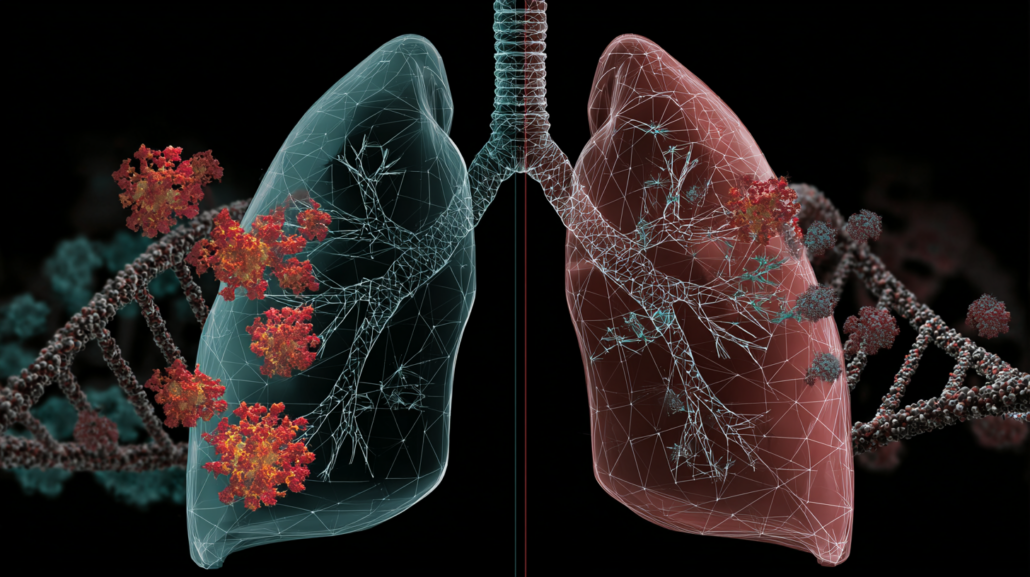ARDS Survivors Face Long-Term Immune Dysfunction: Hypoxia Reprograms Neutrophils for Months
A groundbreaking study published in Nature Immunology reveals that patients who survive ARDS (Acute Respiratory Distress Syndrome) experience persistent immune dysfunction lasting 3-6 months after recovery. Researchers discovered that hypoxia – the low oxygen levels characteristic of ARDS – triggers a novel epigenetic mechanism that fundamentally reprograms neutrophil immune cells.
The study found that hypoxia causes “histone clipping” in bone marrow neutrophil progenitor cells, physically removing portions of histone H3 proteins where activating marks would normally be placed. This results in widespread loss of H3K4me3, a crucial gene-activating modification, affecting genes essential for neutrophil antimicrobial functions. The research team validated these findings across multiple populations: ARDS survivors showed impaired bacterial killing and increased infection susceptibility, while healthy volunteers exposed to high-altitude hypoxia developed identical neutrophil defects.
Mouse models confirmed that this epigenetic reprogramming originates in specialized neutrophil progenitors (proNeu and preNeu cells) and persists for months, affecting newly formed immune cells. Remarkably, BCG vaccination partially restored normal neutrophil function, suggesting potential therapeutic interventions. This discovery explains why ARDS survivors face heightened infection risks during recovery and provides insights into long-term immune consequences of severe illness, including COVID-19.
Key Points for Policymakers
- Post-Critical Care: ARDS survivors require extended infection monitoring and may benefit from prophylactic treatments during the 3-6 month recovery period
- Healthcare Resource Planning: Hospitals should anticipate increased infection rates and longer recovery times for ARDS patients beyond initial discharge
- Research Investment: Supports funding for studies on long-term immune consequences of severe respiratory illnesses, including COVID-19 sequelae
- Vaccine Strategy: BCG vaccination shows promise as a potential intervention to restore immune function post-ARDS
Read more here: https://www.nature.com/articles/s41590-025-02301-9



